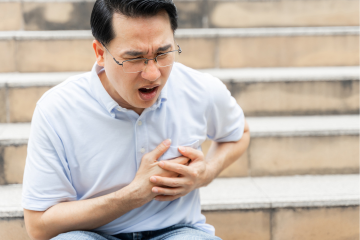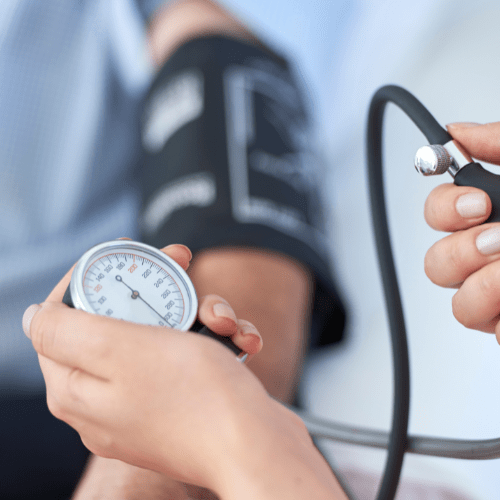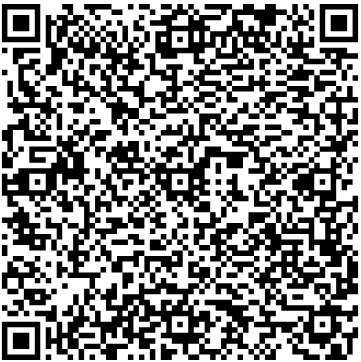How to Recognize a Heart Attack Before It Happens: Early Signs You Shouldn’t Ignore
Heart attacks are one of the leading causes of death worldwide. Despite advances in medical science, many people fail to recognize the early signs of a heart attack, often dismissing symptoms as minor or unrelated. This lack of awareness can delay life-saving treatment and lead to severe complications. By understanding the warning signs and knowing when to seek medical attention, you can take control of your heart health and potentially save a life – even your own.

What Is a Heart Attack?
A heart attack, or myocardial infarction, occurs when blood flow to a part of the heart muscle is blocked, usually by a blood clot. This blockage prevents oxygen-rich blood from reaching the heart, causing damage to the heart muscle. If not treated promptly, the damage can be irreversible, leading to heart failure or death.
The key to surviving a heart attack is early intervention. That’s why recognizing the symptoms as soon as they appear is crucial.
Why Early Detection Matters
A heart attack doesn’t always happen suddenly. In many cases, your body sends subtle warning signs hours, days, or even weeks before the actual event. Research shows that nearly half of all heart attack victims experience symptoms beforehand but don’t act on them.
Getting help early can:
- Prevent further damage to the heart muscle.
- Increase the effectiveness of treatments like clot-busting drugs or angioplasty.
- Improve survival rates significantly.

The Early Warning Signs of a Heart Attack
Heart attack symptoms can vary between individuals and often differ between men and women. Here are some of the most common early signs to watch for:
1. Chest Discomfort
The most recognizable symptom is chest discomfort, often described as pressure, tightness, or a squeezing sensation in the center of the chest. This discomfort may come and go, but it’s important not to ignore it, even if it’s mild.
- How to identify it:
- Feels like an elephant sitting on your chest.
- May last for more than a few minutes or disappear and return.
2. Shortness of Breath
Breathing difficulties can occur before or during a heart attack, even without chest pain. This happens because your heart isn’t pumping effectively, leading to a lack of oxygen in your body.
- How to identify it:
- Feeling winded after light activities like walking or climbing stairs.
- A sensation of tightness in the chest when breathing.
3. Fatigue
Unexplained fatigue is a common early warning sign, especially in women. If you feel unusually tired despite adequate rest, it could be your heart struggling to pump blood efficiently.
- How to identify it:
- Persistent exhaustion that interferes with daily activities.
- Feeling drained after simple tasks like grocery shopping.
4. Pain in Other Areas of the Body
Heart attack pain isn’t always confined to the chest. It can radiate to other parts of the body, such as the arms, neck, jaw, back, or stomach.
- How to identify it:
- Pain or discomfort that starts in the chest and spreads outward.
- A dull ache or sharp pain in the left arm or jaw.
5. Nausea and Dizziness
Feeling nauseous, lightheaded, or faint can also indicate a heart attack. These symptoms are more common in women but shouldn’t be ignored in men either.
- How to identify it:
- A sudden wave of nausea without any obvious cause.
- Feeling dizzy or unsteady on your feet.
6. Cold Sweats
Breaking out in a cold sweat for no apparent reason can be a sign of a heart attack. This happens when your nervous system reacts to the stress of reduced blood flow.
- How to identify it:
- Clammy skin accompanied by a feeling of unease.
- Sweating excessively without physical exertion.
7. Heart Palpitations
Irregular or racing heartbeats can signal an issue with your heart’s electrical system, which might precede a heart attack.
- How to identify it:
- A fluttering sensation in your chest.
- Feeling like your heart is skipping beats or beating too fast.
Risk Factors That Increase the Likelihood of a Heart Attack
Some individuals are more prone to heart attacks due to underlying risk factors. These include:
- High blood pressure: Puts extra strain on your heart and arteries.
- High cholesterol: Can lead to plaque buildup in your arteries.
- Diabetes: Increases the risk of heart disease.
- Smoking: Damages blood vessels and reduces oxygen in the blood.
- Obesity: Puts additional strain on the heart.
- Family history: Genetics can play a role in heart health.
- Sedentary lifestyle: Lack of exercise can weaken your heart.
If you have any of these risk factors, be extra vigilant about recognizing early symptoms.
What to Do If You Notice Early Signs
If you experience any of the above symptoms, don’t wait to see if they go away. Acting quickly can make all the difference. Here’s what you should do:
1. Call Emergency Services
Dial emergency services (like 911) immediately if you suspect a heart attack. Don’t attempt to drive yourself to the hospital unless absolutely necessary.
2. Take Aspirin
If you’re not allergic, chew and swallow a regular-strength aspirin (325 mg). Aspirin helps thin the blood and may reduce the severity of the heart attack.
3. Stay Calm and Rest
Sit down, try to remain calm, and avoid any strenuous activities while waiting for help to arrive.
Preventive Measures to Protect Your Heart
While recognizing the signs is critical, prevention is even better. Here are some tips to keep your heart healthy and reduce your risk of a heart attack:
- Adopt a Heart-Healthy Diet: Focus on fruits, vegetables, whole grains, lean proteins, and healthy fats. Limit processed foods, salt, and sugar.
- Exercise Regularly: Aim for at least 150 minutes of moderate aerobic activity per week.
- Manage Stress: Practice relaxation techniques like meditation, yoga, or deep breathing.
- Quit Smoking: Seek professional help if necessary to stop smoking.
- Monitor Your Health: Regularly check your blood pressure, cholesterol levels, and blood sugar.
- Maintain a Healthy Weight: Losing even a small amount of weight can significantly improve your heart health.
Recognizing a heart attack before it happens can be the difference between life and death. By understanding the early warning signs, taking action quickly, and adopting heart-healthy habits, you can safeguard your heart and improve your quality of life. Remember, it’s always better to overreact to a potential symptom than to ignore it. Your heart is worth the attention.














.svg)
.svg)



